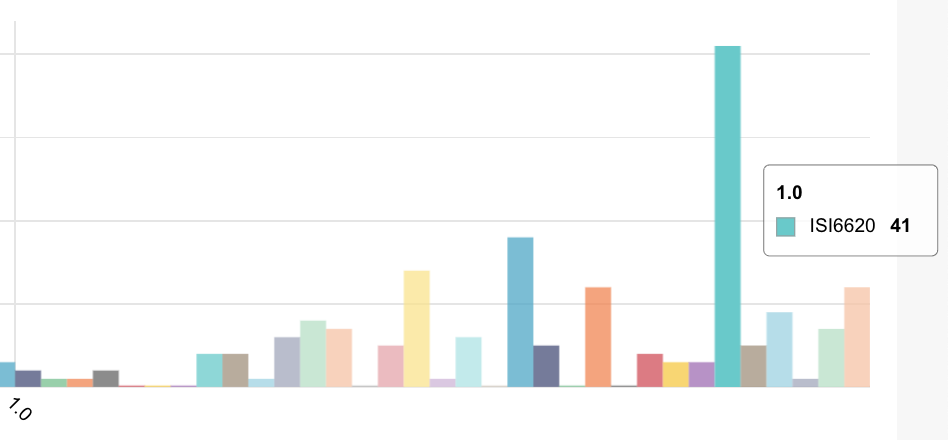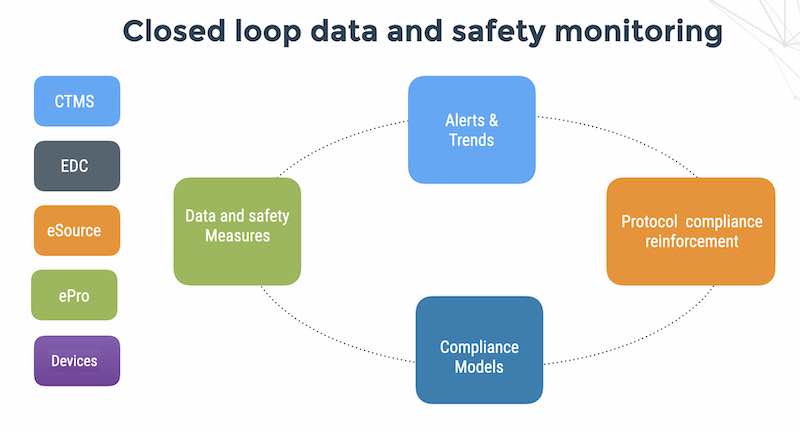The importance of biostatistics in medical device clinical trials
In order to understand the importance of biostatistics in medical device clinical trials we talked to Dr. Lisa Deutsch.
Lisa Deutsch, Ph.D is a Managing Partner at BioStats Statistical Consulting Ltd. Lisa is one of the rare breed of biostatisticians that are specialized practitioners in biostatistics as consultants to sponsors in medical device clinical trials.
Starting off as a maths student with hopes of becoming an actuary one day, Lisa soon found out that statistics are much more interesting for her and moved into that field and as she says herself “stayed there forever”.
Her natural tendency towards all things scientific, especially in the medical field combined with the efforts of Master’s and Ph.D. supervisors (Linda Har-Nevo and Laurence Freedman respectively) effectively synthesized Lisa’s 2 passions- mathematics and biology, making her an exceptional professional in the unique space of statistical analysis planning and execution for clinical trials.
Lisa tells that while she was still at University, people started looking for consultancy and sought her advice, then got her first big time consultancy job from which eventually pulled into clinical trials and consulting to Israeli medical device manufacturers in the are of applications for FDA approval.
The uniqueness of a medical device requires a rigorous scientific approach
Each medical device is unique in almost respects from perspective of intended use, engineering, data model, efficacy and safety. Lisa started working in medical statistics and had to learn how to answer questions on her own and she developed her own skill-set. That involved meticulous attention to details and thorough checking and developing a rigorous scientific approach to evaluating efficacy and safety of medical devices in clinical trials.
Trends in society drive innovative medical devices
According to Lisa, we are seeing rapid innovations and achievements in medical devices particularly in automated diagnosis and robotic procedures which are very hot fields.
People are trying to automate medicine using software as medical devices to enable quick and accurate diagnostics, to facilitate treatment, and to monitor the patients’ progress and improve clinical outcomes.
Other drivers of medical device innovations in Israel are connected with limited resources in terms of clinics and health care personnel and an aging population which create a booming market for medical device clinical trials in Israel.
As the population gets older, more people retire and the medical profession is no exception. Following the collapse of the Soviet Union, Israel experienced a huge influx of nurses and physicians. In about 20 years’ time, many of them will head towards retirement: this combined with aging population puts a great deal of pressure on Israeli healthcare.
Scientific testing in medical device clinical trials
As a result of an economy that does not have the economic resources of the US – Israeli medical device innovation is increasing turning towards automation – automation of patient adherence, automation of medical diagnosis and automation of patient monitoring. All of this medical innovation needs to be tested scientifically in clinical trials.
The role of the biostatistician in medical device clinical trials
The role of the biostatistician in medtech clinical trials starts before the first patient enters the study with a SAP – a statistical analysis plan. The SAP describes the planned analysis for a series of clinical trials and relates to the primary endpoints of the medical device trials, the safety endpoints and do that based on the medical device trial clinical protocol. A SAP requires statistical expertise and abstract thinking skills. During the medical device clinical trial, the biostatistician will be called upon to perform an interim analysis and at the end of the study a final statistical analysis to assess the efficacy and safety of the medical device.






